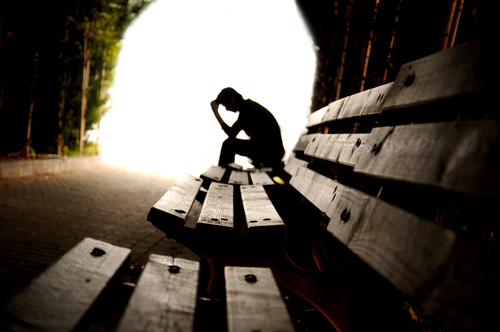 World Suicide Prevention Day was set up in 2003 to combat suicide, which sadly affects families all over the world every day. According to the International Association for Suicide Prevention: “suicide is the second leading cause of death in the 15-29 age group” which makes it even more vital to look after our young adults.
World Suicide Prevention Day was set up in 2003 to combat suicide, which sadly affects families all over the world every day. According to the International Association for Suicide Prevention: “suicide is the second leading cause of death in the 15-29 age group” which makes it even more vital to look after our young adults.
Depression is a major risk factor so it is important we help our teens look after their mental help and watch out for signs that they are suffering from it.
Is your teen suffering from depression?
As your teenager grows up, they will have to endure a huge amount of stress in their lives, whether it is due to exams, peer pressure, low self-esteem or a traumatic experience. While a moody teenager is not unusual, it is important you keep an eye out for the following symptoms of depression: sadness, restlessness, lack of energy, lost of interest in hobbies or activities, irritability, difficultly sleeping, changed sleeping patterns, lack of confidence, withdrawing from friends, and feelings of guilt. While not an exhaustive list, these are warning signs that you need to step in and offer support and help.
How you can help your adolescence
It is important you take action to help your teen if they are showing signs of depression. Offer support by letting them know that you are there but don’t overload them with questions and don’t give up when they refuse to talk to the first time, they need to know that you are there for them. Listen to them without judgement - if your teen is depressed about an exam result, telling them that should have worked harder will not help. Finally, take what they say seriously. Make sure they don’t feel alone and let them know that you are there to help. Contact the school counsellor, your GP or a charity like Aware who will help.
Mental health is just as important as physical health so always talk to a GP if you have any concerns about your children.










